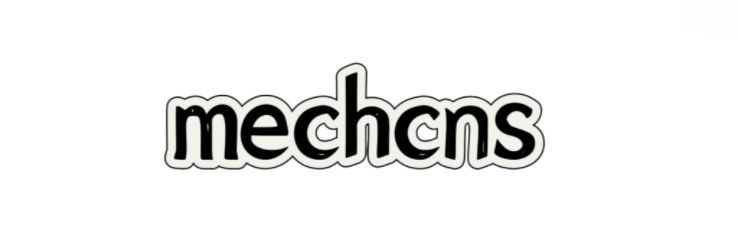Induction Heat Aluminum: The Ultimate Guide to Efficient Metalworking
Dec. 27, 2024
What is Induction Heating?
Induction heating is a method used to heat conductive materials, particularly metals, through electromagnetic induction. This process involves generating an alternating magnetic field that induces current within the metal, leading to rapid and efficient heating. This technique is especially effective for aluminum and other non-ferrous metals, making it an essential tool for modern metalworking.
Advantages of Induction Heating for Aluminum
Induction heating offers several benefits when working with aluminum, enhancing productivity and quality in metalworking operations. Here are key advantages:
- Speed: Induction heating can rapidly heat aluminum components, drastically reducing production times compared to traditional heating methods.
- Energy Efficiency: The process is highly efficient, as it directly heats the material without significant energy loss, leading to lower operation costs.
- Uniform Heating: The electromagnetic field allows for consistent and uniform heating throughout the aluminum part, which is crucial for achieving desired material properties.
- Reduced Oxidation: Induction heating minimizes oxidation of aluminum due to the short heating times, preserving surface quality and reducing post-processing requirements.
Applications of Induction Heating in Metalworking
Induction heating has a wide range of applications in the metalworking industry, particularly when it comes to aluminum. Below are some of the most common applications:
- Melting: Induction melting furnaces are used to melt aluminum quickly and efficiently, allowing for high-quality castings and alloy production.
- Forging: Induction heating is utilized in forging processes to preheat aluminum, ensuring better workability and reducing the risk of cracking.
- Hardening and Annealing: This technique aids in heat treatment processes, such as hardening and annealing, allowing manufacturers to achieve specific mechanical properties.
- Soldering and Brazing: Induction heating is employed in soldering and brazing applications, providing precise control over the heating process and improving joint quality.
Choosing the Right Induction Heating Equipment
When selecting induction heating equipment for aluminum applications, consider the following factors to ensure efficiency and effectiveness:
- Frequency: The frequency of the induction heating system is crucial; higher frequencies are better suited for thin sections, while lower frequencies are ideal for thicker parts.
- Power Rating: Choose a system with a power rating that matches your production needs. Higher power ratings facilitate faster heating times.
- Coil Design: The design of the induction coil affects heating efficiency. Ensure the coil is tailored to the shape and size of the aluminum part for optimal results.
Best Practices for Induction Heating Aluminum
To maximize the benefits of induction heating in aluminum metalworking, following best practices is essential:
- Maintain Equipment: Routine maintenance of induction heating systems is vital to ensure consistency and performance.
- Monitor Temperature: Accurate temperature control is crucial. Use thermocouples or thermal cameras to monitor the heating process closely.
- Optimize Heating Cycles: Experiment with and optimize heating cycles for different aluminum grades to achieve consistent results with minimal waste.
Conclusion
Induction heating represents a transformative technology in aluminum metalworking, offering numerous advantages in terms of efficiency, energy consumption, and quality. By understanding its applications and adhering to best practices, manufacturers can leverage this innovative method to enhance their operations and product outputs.
Want more information on induction heat aluminum, induction unit manufacturers? Feel free to contact us.
66
0
0
All Comments (0)
Previous: Top China Bit Induction Brazing Machine Manufacturers for Reliable Performance
Next: Is Your Closed Loop Cooling System Consuming Too Much Energy?
If you are interested in sending in a Guest Blogger Submission,welcome to write for us!


Comments